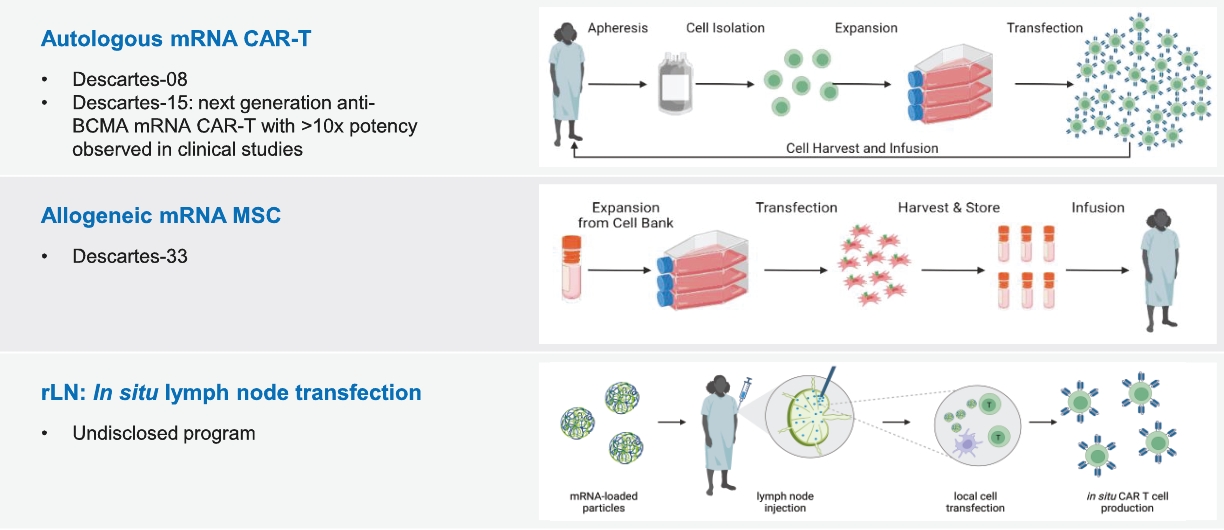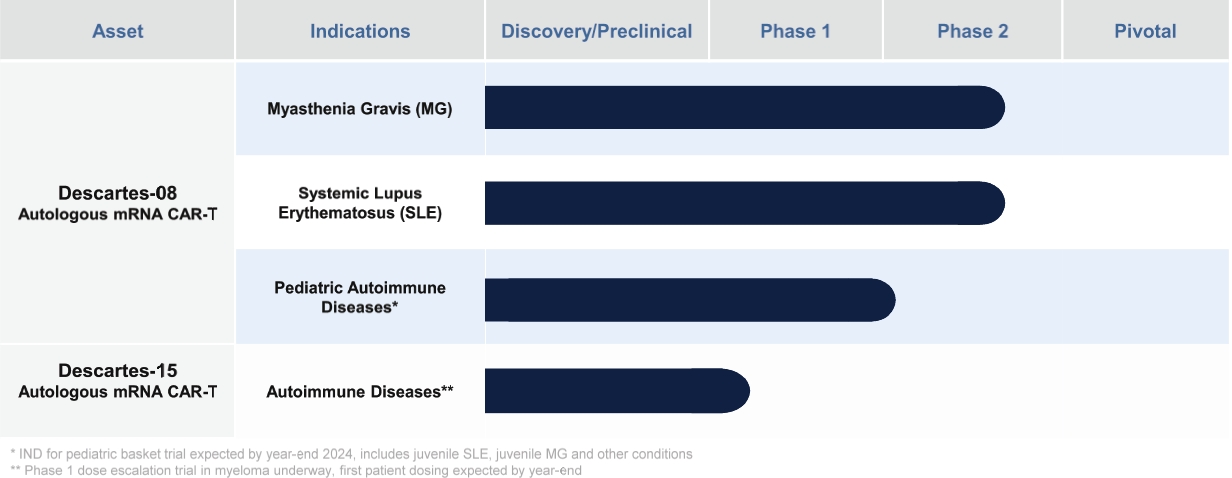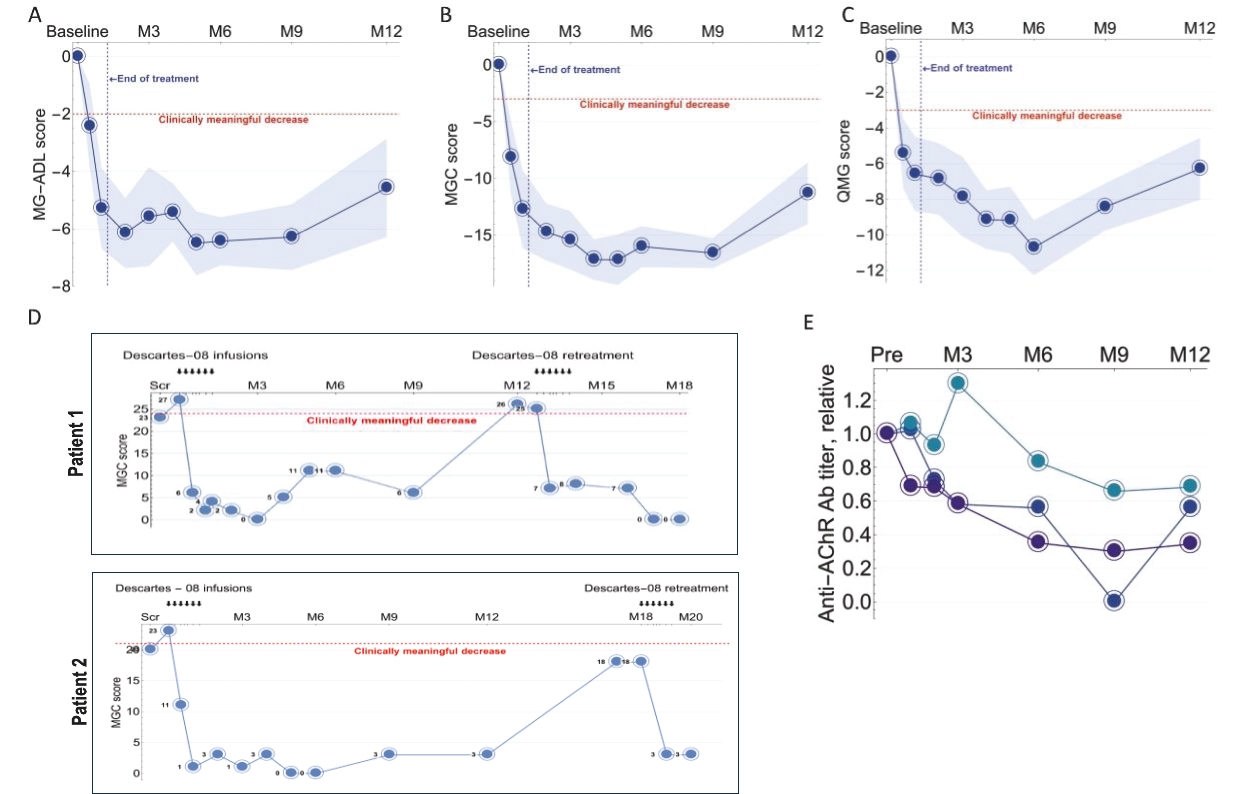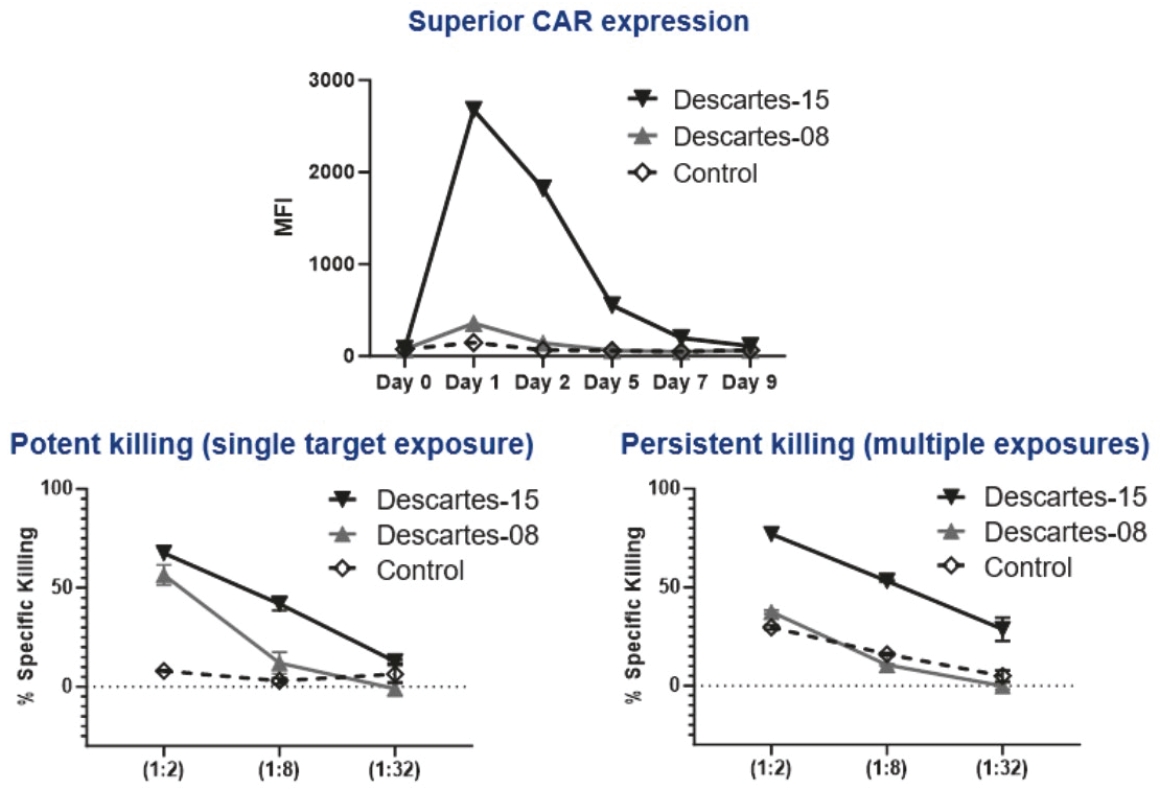payment of $75.0 million. Sobi has also agreed to make milestone payments totaling up to $630.0 million to us upon the achievement of various development and regulatory milestones and, if commercialized, sales thresholds for annual net sales of SEL-212, and tiered royalty payments ranging from the low double digits on the lowest sales tier to the high teens on the highest sales tier. Any proceeds received from milestone payments or royalties relating to the Sobi License would be required to be distributed to holders of CVRs, net of certain deductions.
Pursuant to the Sobi License, we agreed to supply (at cost) quantities of the Compound and ImmTOR as necessary for completion of the two Phase 3 clinical trials of SEL-212 (DISSOLVE I and DISSOLVE II) and a six-month placebo extension. We were required to supply quantities of the Compound until all rights to the Compound and any materials needed to manufacture the Compound were transferred to Sobi, which transfer occurred upon the execution of Amendment No. 1 to the License and Development Agreement on October 31, 2023. Sobi agreed to reimburse us for all budgeted costs incurred to complete development of SEL-212, including but not limited to costs incurred while conducting and completing the Phase 3 DISSOLVE trials, except for any costs of additional development activities required that are related to ImmTOR and that are unrelated to SEL-212. Sobi will have control and responsibility over all regulatory filings, including any IND, BLA, and marketing authorization applications relating to the licensed product.
The transactions contemplated by the Sobi License were consummated on July 28, 2020. Sobi may terminate the Sobi License for any reason upon 180 days’ written notice, whereby all rights granted under the Sobi License would revert back to us. In addition, if Sobi were to terminate the Sobi License, we have the option to obtain a license to all patents and know-how necessary to exploit SEL-212 in existence as of the termination date from Sobi in return for making an equitable royalty payment to Sobi.
Competition
The biotechnology and pharmaceutical industries are characterized by rapidly advancing technologies, intense competition, and a strong emphasis on proprietary products. We face potential competition from many different sources, including pharmaceutical and biotechnology companies, academic institutions, governmental agencies, and public and private research institutions. Product candidates that we successfully develop and commercialize may compete with existing therapies and new therapies that may become available in the future.
Our competitors may have significantly greater financial resources, established presence in the market, expertise in research and development, manufacturing, preclinical and clinical testing, obtaining regulatory approvals and reimbursement and marketing approved products than we do. These competitors also compete with us in recruiting and retaining qualified scientific, sales, marketing and management personnel, establishing clinical trial sites and patient registration for clinical trials, as well as in acquiring technologies complementary to, or necessary for, our programs. Smaller or early-stage companies may also prove to be significant competitors, particularly through collaborative arrangements with large and established companies.
The key competitive factors affecting the success of any other cell therapy product candidates that we develop, if approved, are likely to be their efficacy, safety, convenience, price, the level of generic competition and the availability of reimbursement from government and other third-party payors.
Our commercial opportunity could be reduced or eliminated if our competitors develop and commercialize products that are more effective, have fewer or less severe side effects, are more convenient or are less expensive than any products that we may develop. Our competitors also may obtain FDA or other regulatory approval for their products more rapidly than we may obtain approval for ours. In addition, our ability to compete may be affected in many cases by insurers or other third-party payors seeking to encourage the use of generic or biosimilar products.
Descartes-08 may compete with products of other companies in the MG market, including Argenx SE, UCB S.A., Johnson & Johnson, Alexion Pharmaceuticals, Inc. and Cabaletta Bio, Inc.
Other companies developing CAR-T therapies include large, fully integrated pharmaceutical companies such as Novartis AG, Gilead Sciences, Inc., through its Kite Pharma, Inc. subsidiary, Bristol-Myers Squibb Company, AstraZeneca PLC and Janssen Pharmaceuticals, Inc. and biopharmaceutical companies such as Kyverna Therapeutics, Inc. and Cabaletta Bio, Inc.
Government Regulation
Government authorities in the United States, at the federal, state and local level, and in other countries extensively regulate, among other things, the research, development, testing, manufacturing, quality control,






